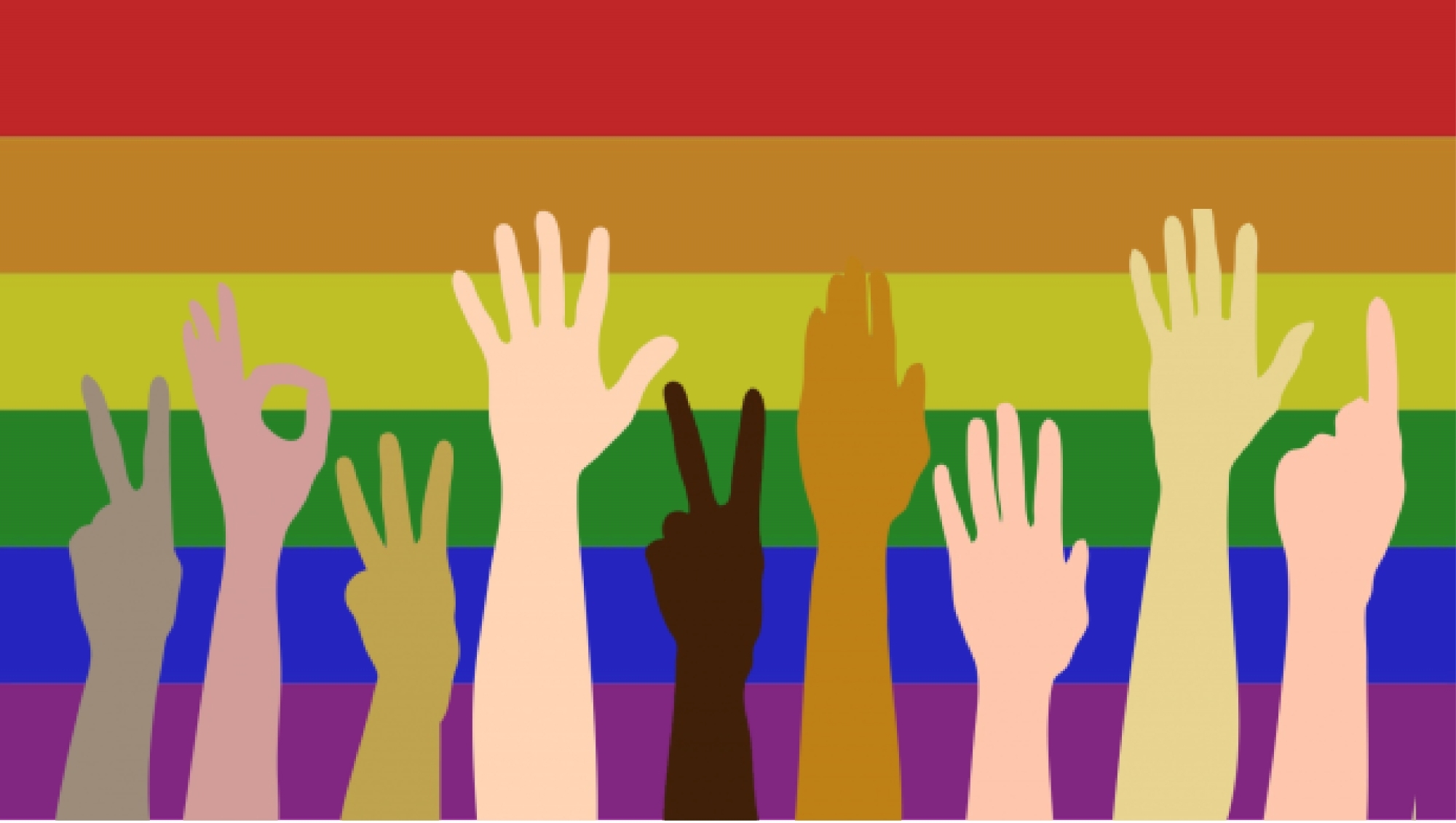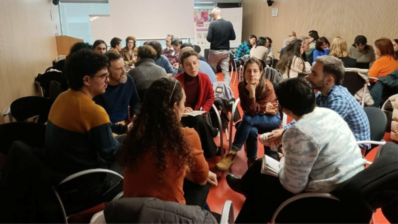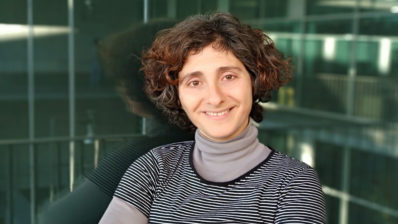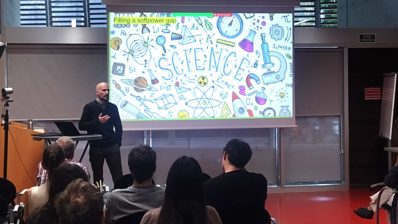In celebration of #PrideMonth, an event was held on June 27th at the Barcelona Biomedical Research Park (PRBB): a round table about diversity in science, with a particular focus on LGBTQIA+ diversity.
The talk was organised by the LGBTQIA+ group at the PRBB, in collaboration with the Equality, Diversity and Inclusion committee of the PRBB and with PRISMA, the Spanish Association for Affective-Sexual and Gender Diversity in Science, Technology and Innovation.
A multi-layered perspective of diversity
Moderated by Raül Toran, from Barcelona Institute for Global Health (ISGlobal), the event started with an overview of the different dimensions of diversity by Natalia Vilor-Tejedor, a researcher at the BarcelonaBeta Brain Research Centre and the Centre for Genomic Regulation (CRG). She started with the importance of the diversity of the data – which, with nearly 90% of the data in genome-wide association studies beloging to Europeans, we are far from achieving. And she moved on to the diversity of the researchers – both gender diversity (the focus of the talk), but also diversity of sexual orientation, origin or ethnicity, abilities or even age or social background. Because “who asks the question will define both the topic and how to approach it”, said Vilor Tejedor.
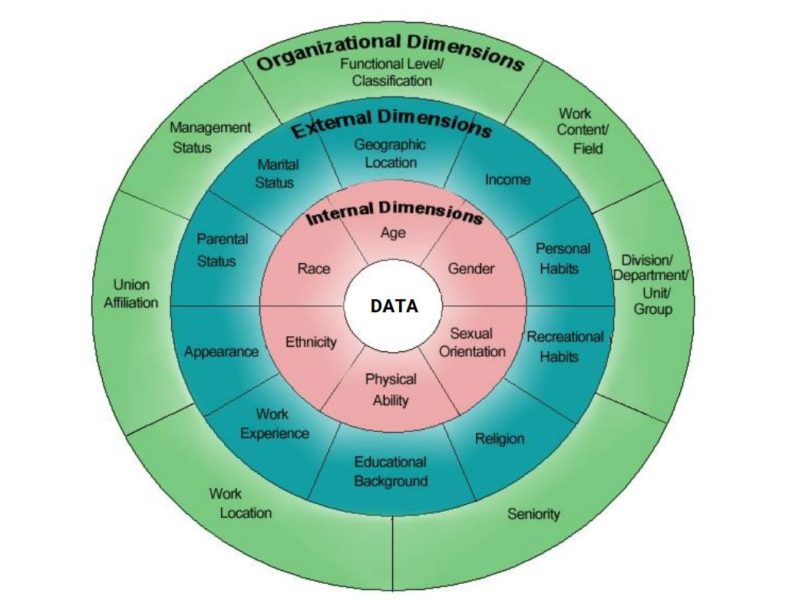
“As scientists, we not only want, but need diverse data in our projects to ensure better interpretation and to improve personalized medicine globally”, stated the researcher. But data diversity is only a first dimension of the multi-layered diversity the researcher defended. “To ask relevant questions, it becomes essential to cultivate talent, and promote the full inclusion of excellence in research teams across the social spectrum”.
“As scientists, we not only want, but need diverse data in our projects to ensure better interpretation and to improve personalized medicine globally”
Natalia Vilor-Tejedor (BBRC-CRG)
LGBTQIA+ diversity
Simon Perera, a PhD student from Institute for Evolutionary Biology (IBE: CSIC-UPF) and also a member of PRISMA, talked about LGBTQIA+ diversity as a means to achieve research centres and communities which are inclusive and welcoming for everyone.
He started his talk clarifying some basic concepts like sex (biologically defined), gender (refering to one’s identity and expression) or sexual orientation – and emphasizing that none of them are simple, binary concepts.
“We need to ensure LGBTQIA+ and other diversities in STEM, not only because it’s a human right of the people doing science, but also because it’s in the interest of the research centres and community. We know that diverse teams make a better science, as there are more opportunities for scientific problems to be solved, for creative hypotheses to arise”
Simón Perera (IBE-UPF)
Perera gave some data regarding the realities of some LGBTQIA+ people in academia. For example, he explained how often, people who are ‘out of the closet’ in their personal life, hide their identity (sexual orientation, gender identity…) at work. And how there is a link between being ‘in the closet’ and having higher mental health issues, or publishing less. Despite this, he said, we have some things to celebrate: “Spain is the first country to specifically recognize the rights of LGBTQIA+ people in its Science Law – approved just last week. And the country has just approved a law draft of its Trans and LGBTQIA+ Law, recognizing gender self-determination, banishing conversion pseudo-therapies, and complying with other needs of the LGBTQIA+ people”.
He also gave an overview of what PRISMA is and what it has been doing since it was created, about 4 years ago, namely:
- network and a safe space for LGBTQIA+ people
- increase visibility of LGBTQIA+ people
- policy and lobbying, for example by talking to the Ministry of Science, or promoting the “10 actions research centres can do to increase LGBTQIA+ inclusion”
It was clear from both presentations and the discussion afterwards that more data is needed to understand the realities and that there is need for more role models; but also that small actions can already be done to improve inclusivitiy, such as including pronouns in conference badges or email signatures.
As both speakers higlighted, we need safe and comfortable environments to promote diversity and to better advance in science. We strive to do so at the PRBB, and we will continue.
Happy Pride Month everyone, and Live proud at the PRBB!


